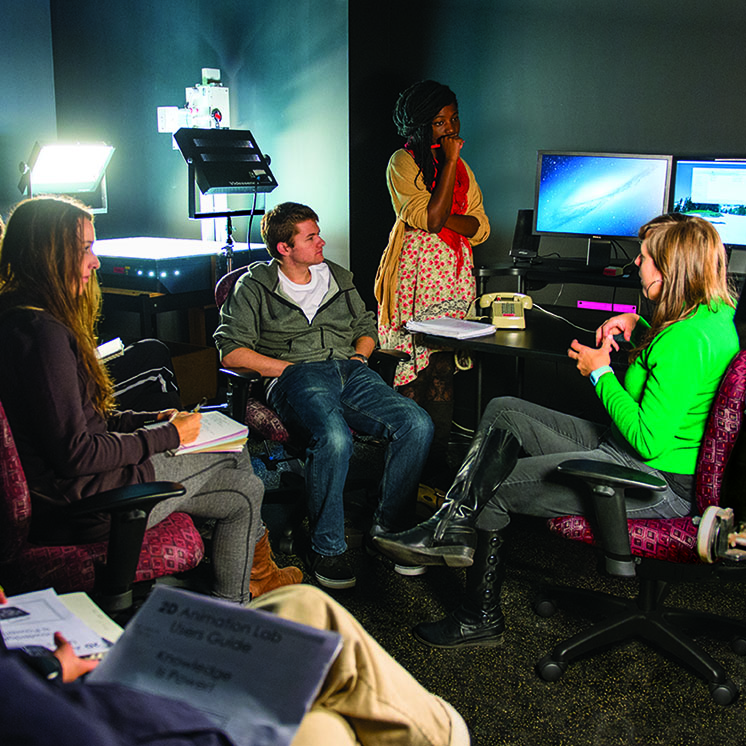Dangerous Reading: Readings in the History of Ideas
Fall 2015 and Winter 2016 quarters
Taught by


What does it mean to read? How does reading shape one’s identity, and how does identity shape how one reads, and what one finds in those books? In this two-quarter program, we will examine the intertwined developments of poetry and history, and the implications of those histories for a theory of reading. What is the function of the poem, how is it to be heard or read, and how do its metaphors and syntax shape the very way a people or person might think and feel? What is the traditional role of the historian, and how do historians produce texts that authorize their own truth? How do historical and poetical works, and the various epistemological claims made in their name, interact in the contemporary moment? What is the role of translation in the dissemination of literary texts and shaping of the historical imagination?
In the past, reading was deadly serious business. In this program, we’ll explore the relationship between illuminated manuscripts, medieval devotion, and power; how the advent of printed reading rocked Europe and sparked 100 years of war in the 16 th century; links between political cartoons, scandalous pamphlets, and the terror of the French Revolution; the ways in which readers in the Romantic age fashioned a notion of themselves and their visions of a good life through their readings; and how the advent of post-structuralism in the 20 th century has exploded the way we think of reading today.
From Homer and Thucydides forward, there has been a competition between poetry and history over the right way to read and remember. Readings will include Thucydides' The Peloponnesian Wars , Homer's The Iliad , Sappho's Poems , Plato's The Republic, and St. Augustine's Confessions. We will also consider sections of Dante's Divine Comedy, Montaigne's Essays, and Jean-Jacques Rousseau's Reveries of a Solitary Walker, as well as, crucially, Marcel Proust's Swann's Way. We’ll delve into the cultural history of reading through texts such as Robert Darnton's The Great Cat Massacre and Dena Goodman's Marie Antoinette: Writings on the Body of A Queen. Contemporary writers and texts to be considered in light of the double imperatives of history and poetry include Marguerite Duras' The War , Alice Notley's The Descent of Alette , and Roberto Calasso's The Marriage of Cadmus and Harmony .
Student activities will focus on reading, writing, and seminar participation.
Program Details
Fields of Study
Preparatory for studies or careers in
Academic Website
Location and Schedule
Campus location
Olympia
Schedule
Offered during: Day
Advertised schedule: First winter class meeting : Monday, January 4 at 10am (Com 320)
 my.evergreen.edu
my.evergreen.edu

 Fall
Fall  Winter
Winter